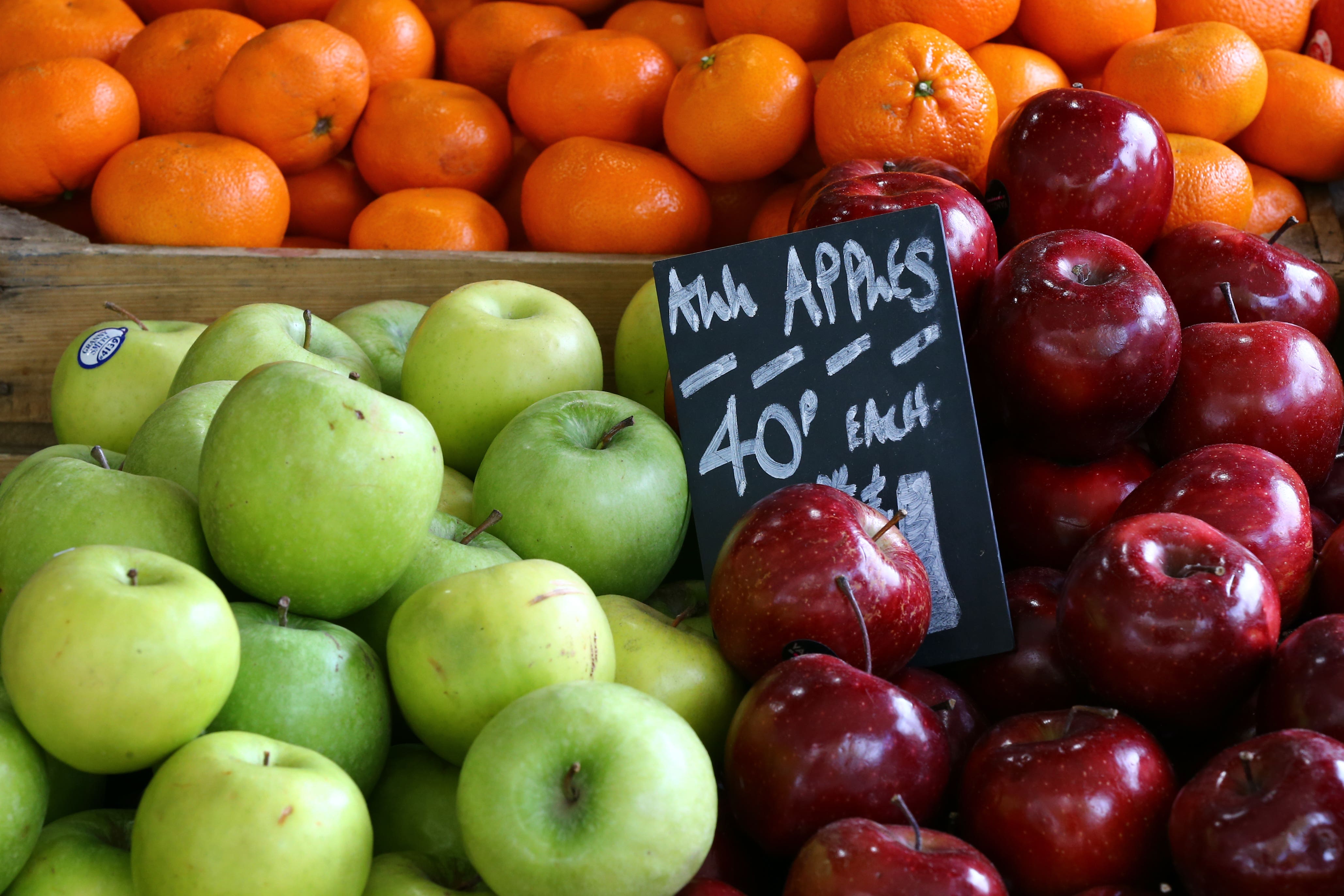Diet low in flavanols may drive age-related memory loss, scientists claim
The researcher said findings ‘raises the possibility of using flavanol-rich diets to improve cognitive function in older adults’.

Your support helps us to tell the story
From reproductive rights to climate change to Big Tech, The Independent is on the ground when the story is developing. Whether it's investigating the financials of Elon Musk's pro-Trump PAC or producing our latest documentary, 'The A Word', which shines a light on the American women fighting for reproductive rights, we know how important it is to parse out the facts from the messaging.
At such a critical moment in US history, we need reporters on the ground. Your donation allows us to keep sending journalists to speak to both sides of the story.
The Independent is trusted by Americans across the entire political spectrum. And unlike many other quality news outlets, we choose not to lock Americans out of our reporting and analysis with paywalls. We believe quality journalism should be available to everyone, paid for by those who can afford it.
Your support makes all the difference.A diet low in compounds called flavanols – found in plant-based foods such as green tea, apples and berries – may drive age-related memory loss, scientists have said.
The research, published in the journal The Proceedings of the National Academy of Sciences (Pnas), is based on adults around 71 years of age who were assessed over a three-year period.
The team found that among those who had a poor diet at the start of the trial, consuming 500mg of flavanols a day in the form of a supplement improved memory function in these individuals.
First author Adam Brickman, professor of Neuropsychology at Columbia University, said the findings “raises the possibility of using flavanol-rich diets to improve cognitive function in older adults”.
For the study, funded by food manufacturer Mars Incorporated, more than 3,500 healthy adults were randomly assigned to receive a daily 500mg flavanol supplement or a dummy pill for three years.
The participants took several memory tests during the study period and filled in surveys that assessed their diet.
The researchers said memory scores improved only slightly for the group taking the flavanol pill.
But within that group the team found that a subset of people who had poor diet and low flavanol consumption at the beginning of the study, showed bigger improvements in memory.
This small group of participants saw memory scores increase by an average of 10.5% compared to placebo and 16% when compared to their memory at baseline, the researchers said.
They stressed that flavanols have no effect on people who do not have a flavanol deficiency.
But the team added that for people who have low flavanol intake, consuming foods rich in flavanols may improve memory function in these individuals.
Gunter Kuhnle, professor of Nutrition and Food Science at the University of Reading and co-investigator of the study, said described the findings as “exciting”, saying the results “suggest that there is an optimum amount of flavanols in the diet”, which is around 500mg daily intake.
Commenting on the study, Professor Aedin Cassidy, chair in Nutrition & Preventative Medicine and director for Interdisciplinary Research, Institute for Global Food Security, Queen’s University Belfast (QUB), said: “This is a really important study showing that dose of flavonoids called flavanols, present in tea, cocoa, apples, berries is key for improving memory in the ageing brain.”
He added: “The dose required for these improvements in brain health are readily achievable – for example one mug of tea, six squares of dark chocolate, a couple of serving of berries and apples would together provide about 500mg of flavanols.”
But not everyone agrees.
David Curtis, honorary professor at UCL Genetics Institute, said that the study showed “those taking a flavanol supplement for years had about the same memory function as those taking placebo and any differences were well within chance expectation”.
He added: “The authors do claim that a couple of results are statistically significant but in my view this because the analyses have been performed incorrectly.
“If anything, this study shows that flavanol supplements do not have any major effect on memory function.
“The study fails to provide evidence that increasing flavanol intake is beneficial and there is no need for anybody to contemplate changing their diet in the light of its findings.”